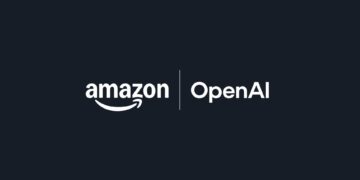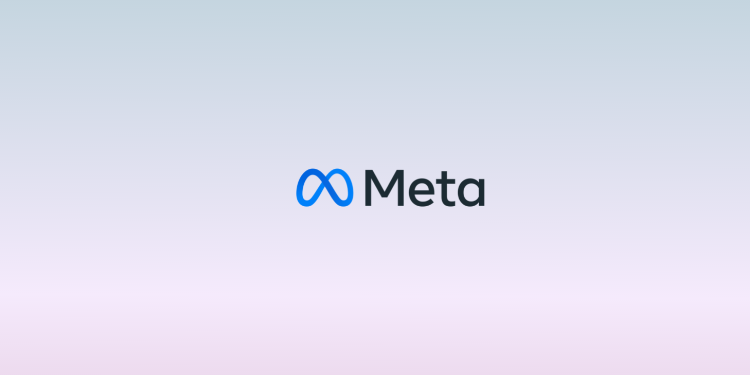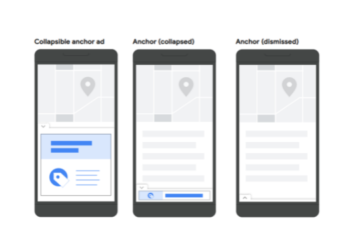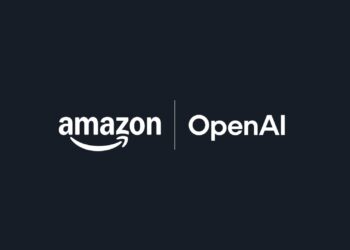Meta has announced significant updates to its ad platform for Facebook and Instagram, focusing on AI-driven optimization, advanced analytics integration, and improved conversion attribution. These enhancements are designed to provide advertisers with more precise tools to customize and optimize their campaigns, ultimately delivering better results and maximizing return on investment.
The updates, which will roll out over the next few months, are centered around improving campaign performance by allowing advertisers to more accurately communicate their business objectives to Meta’s AI systems. By understanding what each business values—whether it’s total conversions, conversion value, or other metrics—Meta’s ad system will deliver more tailored results. This shift in approach aims to help businesses of all sizes get the most out of their advertising spend.
One of the key features being introduced is “Conversion Value Rules,” which enables advertisers to assign different values to various customer segments or conversions. For instance, if a business identifies that certain customer segments have a higher lifetime value, they can set higher bids for those segments without needing to create separate campaigns. This level of customization allows for greater automation and improved ad performance.
Additionally, Meta is launching a new opt-in attribution setting later this year that will optimize for incremental conversions—those that likely wouldn’t have occurred without the ad being shown. In tests conducted earlier this year, this feature led to an average improvement of more than 20% in incremental conversions for advertisers. This shift from volume-based optimization to value-based optimization is part of Meta’s broader strategy to align ad delivery more closely with business goals.
Meta is also enhancing its integration with external analytics tools like Google Analytics and Northbeam, with plans to expand to platforms such as Triple Whale and Adobe. This integration will allow businesses to connect their analytics tools directly to Meta’s ad system, providing aggregated campaign insights that can be used to fine-tune optimization efforts. By better understanding cross-platform customer journeys, Meta aims to improve the overall value of the conversions it delivers.
In initial tests, advertisers who integrated their analytics tools with Meta’s ad platform saw a 30% average increase in Meta-attributed conversions, although this may come with higher CPMs. These changes are expected to roll out initially for campaigns focused on conversion volume or value, with plans to expand to other campaign objectives in the near future.
Meta’s latest ad platform updates reflect a growing emphasis on precision and customization in digital advertising. By integrating AI with external analytics and focusing on incremental conversions, Meta is providing marketers with more sophisticated tools to achieve their specific business goals. As competition in the digital ad space intensifies, these enhancements could be pivotal for businesses looking to maximize their ad performance and ROI.




















































